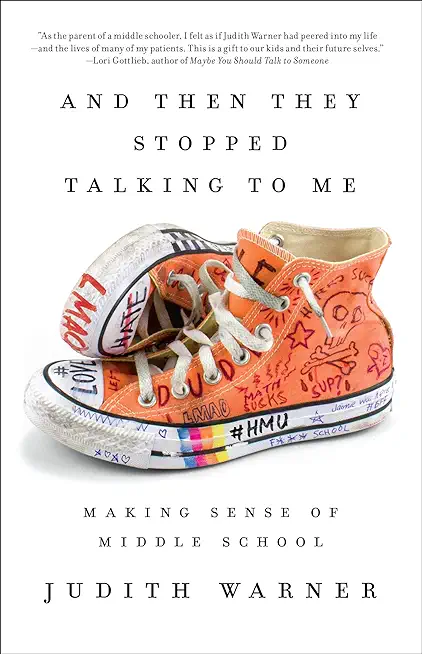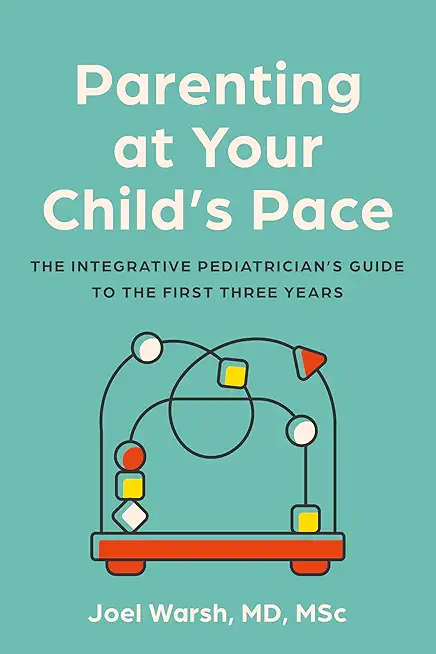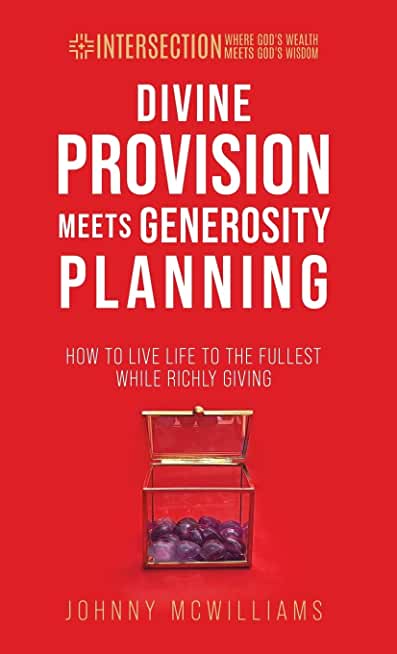
Warner, Judith
product information
description
3Through the stories of kids and parents in the middle school trenches, a New York Times bestselling author reveals why these years are so painful, how parents unwittingly make them worse, and what we all need to do to grow up. "As the parent of a middle schooler, I felt as if Judith Warner had peered into my life--and the lives of many of my patients. This is a gift to our kids and their future selves."--Lori Gottlieb, author of Maybe You Should Talk to Someone
The French have a name for the uniquely hellish years between elementary school and high school: l'âge ingrat, or "the ugly age." Characterized by a perfect storm of developmental changes--physical, psychological, and social--the middle school years are a time of great distress for children and parents alike, marked by hurt, isolation, exclusion, competition, anxiety, and often outright cruelty. Some of this is inevitable; there are intrinsic challenges to early adolescence. But these years are harder than they need to be, and Judith Warner believes that adults are complicit. With deep insight and compassion, Warner walks us through a new understanding of the role that middle school plays in all our lives. She argues that today's helicopter parents are overly concerned with status and achievement--in some ways a residual effect of their own middle school experiences--and that this worsens the self-consciousness, self-absorption, and social "sorting" so typical of early adolescence. Tracing a century of research on middle childhood and bringing together the voices of social scientists, psychologists, educators, and parents, Warner's book shows how adults can be moral role models for children, making them more empathetic, caring, and resilient. She encourages us to start treating middle schoolers as the complex people they are, holding them to high standards of kindness, and helping them see one another as more than "jocks and mean girls, nerds and sluts." Part cultural critique and part call to action, this essential book unpacks one of life's most formative periods and shows how we can help our children not only survive it but thrive.
The French have a name for the uniquely hellish years between elementary school and high school: l'âge ingrat, or "the ugly age." Characterized by a perfect storm of developmental changes--physical, psychological, and social--the middle school years are a time of great distress for children and parents alike, marked by hurt, isolation, exclusion, competition, anxiety, and often outright cruelty. Some of this is inevitable; there are intrinsic challenges to early adolescence. But these years are harder than they need to be, and Judith Warner believes that adults are complicit. With deep insight and compassion, Warner walks us through a new understanding of the role that middle school plays in all our lives. She argues that today's helicopter parents are overly concerned with status and achievement--in some ways a residual effect of their own middle school experiences--and that this worsens the self-consciousness, self-absorption, and social "sorting" so typical of early adolescence. Tracing a century of research on middle childhood and bringing together the voices of social scientists, psychologists, educators, and parents, Warner's book shows how adults can be moral role models for children, making them more empathetic, caring, and resilient. She encourages us to start treating middle schoolers as the complex people they are, holding them to high standards of kindness, and helping them see one another as more than "jocks and mean girls, nerds and sluts." Part cultural critique and part call to action, this essential book unpacks one of life's most formative periods and shows how we can help our children not only survive it but thrive.
member goods
No member items were found under this heading.
Return Policy
All sales are final
Shipping
No special shipping considerations available.
Shipping fees determined at checkout.







